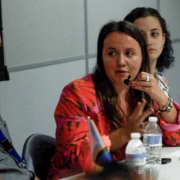White River Junction BIPOC and LGBTQIA2S+ Storytelling for Health Equity
It is crucial that health systems create intentional space and time to listen to the communities they are responsible for serving. This storytelling series was designed to honor and share the stories of underserved populations. They were thoughtfully facilitated and attended by combinations of community members and BIPOC and/or LGBTQIA2s+ health providers. There were opportunities for storytelling and listening in small and large group settings throughout the two events.
This intervention was open to all BIPOC and LGBTQIA2S+ community members who wished to share their stories about their experiences with barriers to health access and racism and prejudice experienced when seeking healthcare.
This program was developed with the belief that humans are innately drawn to stories. When we hear stories we are compelled to empathetic action. We live in a moment when data and health science are often mistrusted, but stories connect us to others. Through witnessing these stories, the medical community can learn about the expressed needs and experiences of those they are responsible for serving and can inform policy change through this empathetic lens.
The benefit of this intervention is threefold and compounding: the storytellers are held within a safe, empathetic, often cathartic environment by a community that shares their experiences and desire for change; the events are a trust building exercise between BIPOC and LGBTQIA2S+ community members and providers that encourage health seeking behaviors through relationship building; the widely shared reports harness the empathetic, transformative power of storytelling that influences policy and procedural change at all levels of the health system to serve BIPOC, LGBTQIA2S+, and, ultimately, all community members more equitably. The report from this series is available here.
Every community is the expert in their own health and needs. When we listen to BIPOC and LGBTQIA2S+ voices we eradicate racist/oppressive constructs like “empowerment” and move into a space of deep understanding that each community has the power and brilliance to achieve equity. It is racism and marginalization that stand in the way of these achievements. A platform for storytelling and listening recognizes this brilliance and creates an opportunity for BIPOC and LGBTQIA2S+ individuals to share firsthand knowledge and experience of how they can be better served by health systems. Storytelling dismantles power structures and creates an innately human trust-building exercise between communities and health systems. These events lead to equitable policy change, deeper understandings, and – as mentioned above – increased trust.
This programming was created and implemented by me, Murphy Barney. This is a process I have designed and facilitated as a part of the Harvard Ministerial Leadership Program in Ethiopia; with displaced persons in Greece; and with StoryCorps as an Account Manager throughout the United States. Additionally, I am a Two Spirit Shoshone woman who was raised on stories and studied storytelling as a tool for health equity during my Masters of Public Health training at the Harvard T.H. Chan School of Public Health.
Excerpt from project report prepared by Murphy Barney, May 2023.




